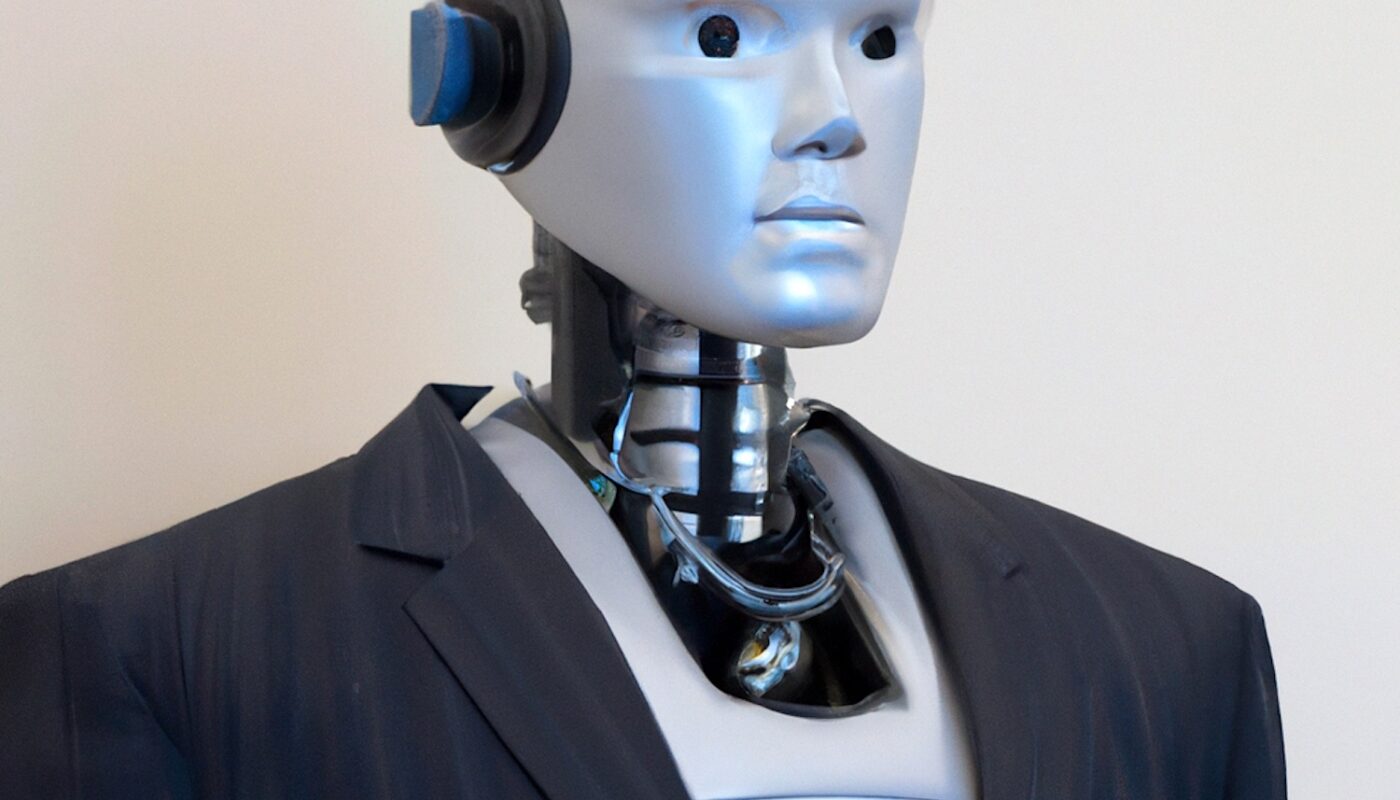Artificial intelligence (AI ) is an increasingly important topic in our society, both in the workplace and in everyday life. It raises both enthusiasm and concern, and raises many questions about its operation and usefulness. In this article, we give you a clear definition of artificial intelligence, its main fields of application and the challenges it presents.
What is artificial intelligence?
Artificial intelligence refers to all the theories and techniques used to create machines capable of simulating human intelligence. In other words, designing machines or computer programs capable of performing tasks and solving problems that normally require human intuition, creativity or sensory perception.
The different types of artificial intelligence
Artificial intelligence can be divided into several categories, depending on their level of autonomy and capabilities:
- Weak AI: designed to perform specific tasks and lacking a conscience of its own. This is the most widespread type of AI today, used in voice assistants and online recommendation systems.
- strong AI: this is a form of artificial intelligence capable of understanding, learning and reasoning autonomously, without human intervention. To date, strong AI remains a theoretical concept and has yet to be put into practice.
- super-intelligent AI: this category of AI represents intelligence superior to that of human beings, capable of surpassing our understanding and cognitive capacities. Once again, this is a purely hypothetical concept for the time being.
Fields of application for artificial intelligence
Artificial intelligence is present in many business sectors, and offers interesting prospects for improving existing processes or creating new opportunities. Here are a few concrete examples of how AI can be used:
In medical research
AI can be used to analyze large quantities of medical data quickly and efficiently, in order to detect trends or correlations between different factors. It can also help in the development of new treatments, by simulating clinical experiments and predicting their success on the basis of available data.
Transportation
Autonomous vehicles are an emblematic example of the application of artificial intelligence. Thanks to sophisticated sensors and algorithms, these vehicles are able to travel safely without human intervention. This technology could help reduce road accidents and facilitate mobility for the elderly and disabled.
In energy management
Artificial intelligence can also be used to optimize the energy consumption of buildings and infrastructures. By analyzing consumption data in real time and learning from past behaviors, AI can suggest adjustments to save energy and reduce carbon footprints.
The challenges of artificial intelligence
The advent of artificial intelligence raises many challenges and questions, both in technological and societal terms. Some of the main challenges associated with AI include:
Ethics and responsibility
The question of responsibility for actions carried out by a machine endowed with artificial intelligence arises with force. Who should be held liable in the event of damage caused by an AI? The program designers, the machine operators or even the AI itself? Ethical considerations are therefore needed to determine the limits and principles that should govern the use of AI.
Impact on the job market
Artificial intelligence could also have a significant impact on employment, with the risk of certain professions being replaced by machines. However, AI could also generate new jobs, linked to the design, development or maintenance of intelligent systems. Training and education will therefore have to adapt to prepare workers for the jobs of the future.
Security and confidentiality
Finally, artificial intelligence raises questions of security and personal data protection. Intelligent systems are based on the analysis of vast quantities of information, some of which may be sensitive. It is therefore essential to ensure the security of data processed by AI, and to guarantee the confidentiality of private information.
In conclusion, artificial intelligence represents both a tremendous opportunity and a major challenge for our society. Understanding and mastering it is essential if we are to take full advantage of its potential, while anticipating and supporting the transformations it brings.








